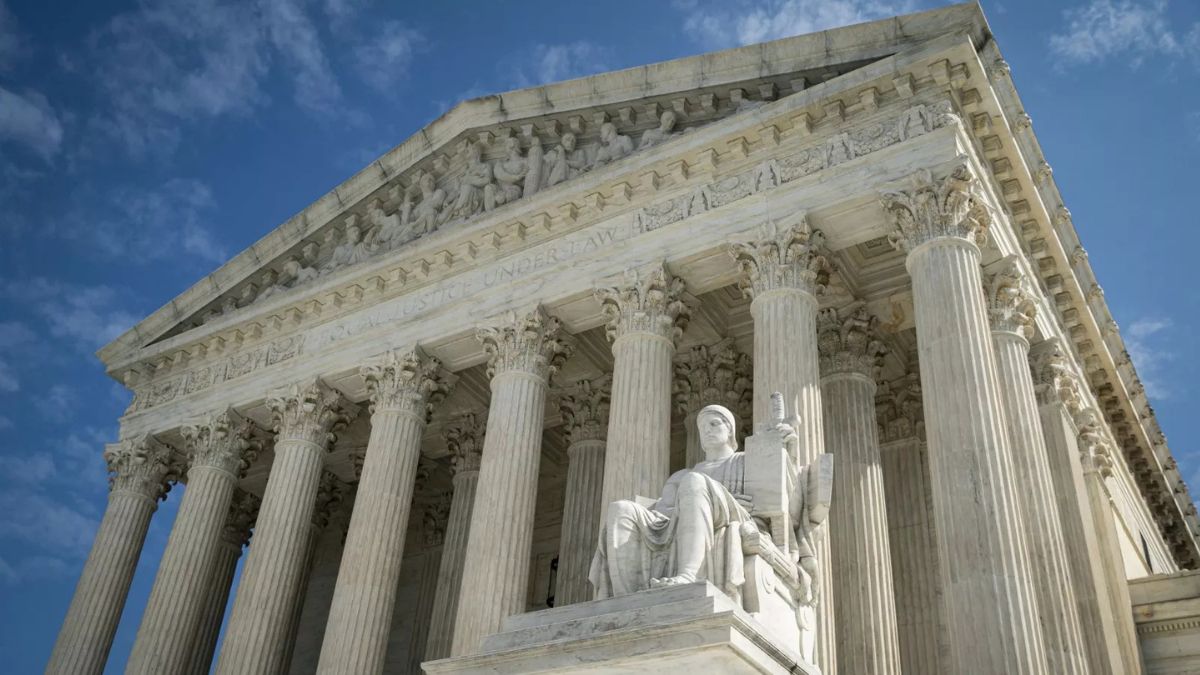

Hope Is Good for the Earth
The Christian alternative to doom-and-gloom environmentalism.
03/14/24
John Stonestreet and Shane Morris

Seven years ago, the news was grim. National Geographic headlined that “Half of the Great Barrier Reef Is Dead” due to climate change. The Guardian solemnly pronounced, “Great Barrier Reef at ‘Terminal Stage.’” The Washington Post agreed: “The Great Barrier Reef Is Dying.”
By now, given the alarm in those headlines, Australia’s most famous natural treasure is surely lost, isn’t it? Well, no. According to an Australian Institute of Marine Science report from last summer, “the Reef has rebounded.” After successive years of cooler temperatures brought by La Niña, “hard corals have recovered significant ground,” the report said, reaching “record high levels in 2022 across two-thirds of the reef.” Despite the many funerals held by media outlets for the world’s largest living structure, the report marveled at the Reef’s “impressive ability to recover from widespread disturbances.” Though scientists cautioned that the coral isn’t in the clear yet, it is still very much alive.
I doubt the same can be said for the public’s investment in the Reef. How many aspiring marine scientists called it quits five years ago after reading the grim headlines? How many young men and women who might have helped solve environmental problems threw in the towel and went with a different career when major newspapers assured them it was already too late? How many who might have developed a lifelong passion for one of God’s most beautiful creations were permanently derailed by despair?
Herein lies one of the most serious flaws of the modern environmental movement, and one of the most promising opportunities for Christians. Hope-filled stewardship is better for the Earth than doom-and-gloom environmentalism. As Andrew Spencer wrote in his book, Hope for God’s Creation: Stewardship in an Age of Futility, “One of the dominant themes of much environmental discourse has been despair that any real improvement in the environment can come without a massive shift in nearly every area of human life.”
Such improvements have, however, come about in our lifetimes, and often because of relatively minor changes. As Spencer described, the recovery of the bald eagle and the virtual elimination of acid rain show that real environmental improvement is possible if fatalism is replaced with smart, incremental action.
Recently, Spencer spoke with my colleague Shane Morris for a future Upstream podcast. In that discussion, he argued that despite longstanding criticisms that Christianity encourages exploitation of the environment, the faith actually offers the best foundation for hope-filled stewardship.
It starts by seeing the world as God’s creation. Unlike secular environmentalists, Christians understand that this dazzling world we live in is no accident, but the handiwork of a Divine artist. “Christian hope,” Spencer wrote, “encourages us to love the creation for the sake of the one who made it.” God called His handiwork “very good,” and throughout Scripture, the majesty of this world is treated as a signpost pointing back to its Maker. Nothing in secular environmentalism parallels this or confers objective value on nature.
Christianity also assigns human beings a special place in creation, unlike secular accounts of history that often treat humans as a rogue species or a virus. In fact, Scripture portrays human beings as God’s appointed stewards who not only belong in the world but have a vital role to play. We’re not just another animal. We are the Creator’s own representatives, “crowned with glory and honor” and responsible for tending His Garden and everything living in it.
Though the Fall of humans damaged God’s creation and made our role as stewards much harder to fulfill, it never changed our job description. Nor is it the end of the biblical story. As Spencer told Shane, not only does Christianity place real value on creation and real responsibility on humanity, but it promises that God’s world will not be in bondage to futility forever. Creation has a bright future, not annihilation but miraculous renewal. And this long-term hope should motivate our everyday obedience to God’s command to steward His resources wisely, not recklessly.
Ultimately, the Church should look like a “pilot plant” of Christ’s restored world, managing relationships, sharing assets, and setting priorities in a way that reflects God’s original intent for His creation and creatures. Hope for God’s Creation offers practical advice on how to do that, and challenges Christians who think caring for the environment has nothing to do with our mission here on Earth.
Shane’s Upstream podcast with Andrew Spencer will air next month. Spencer’s book is a crash course on how the Christian worldview better meets some of the ecological challenges that drive secular minds to despair, and a timely reminder that a hope grounded beyond this world makes all the difference in the here and now.
This Breakpoint was co-authored by Shane Morris. If you’re a fan of Breakpoint, leave a review on your favorite podcast app. For more resources to live like a Christian in this cultural moment, go to breakpoint.org.
Have a Follow-up Question?
Up
Next

Related Content

© Copyright 2020, All Rights Reserved.













